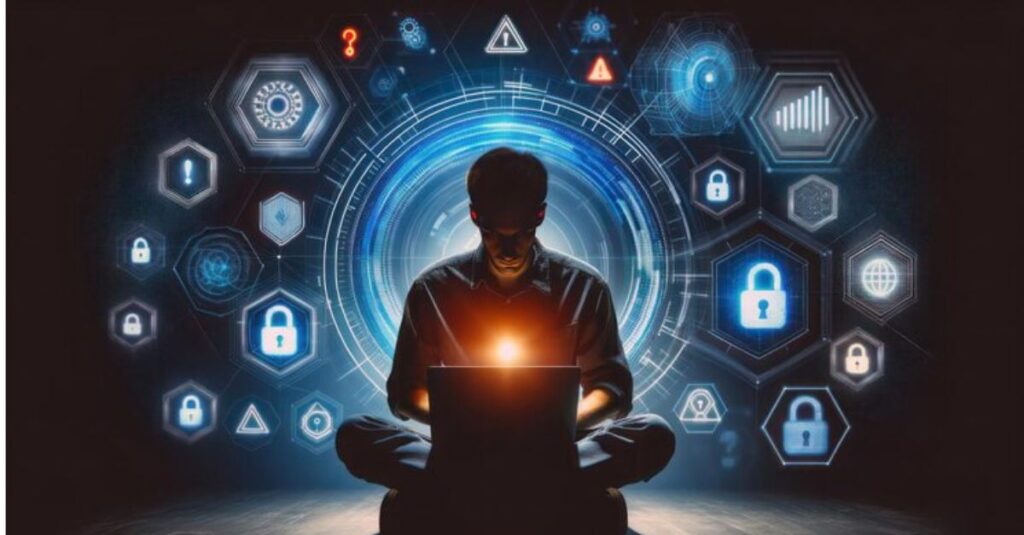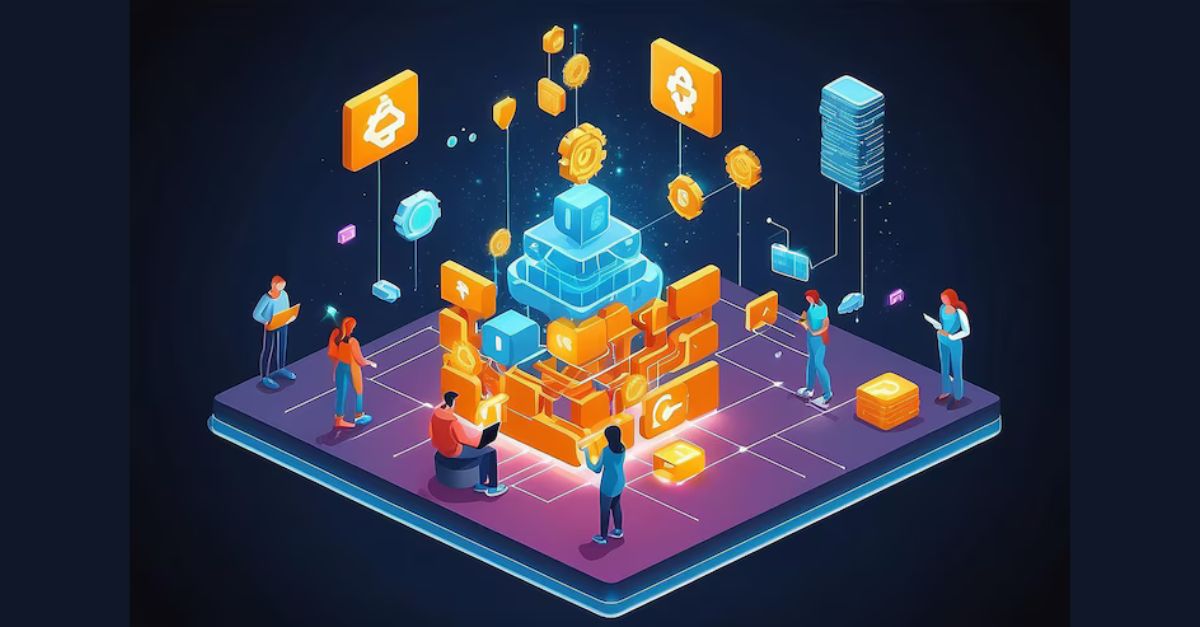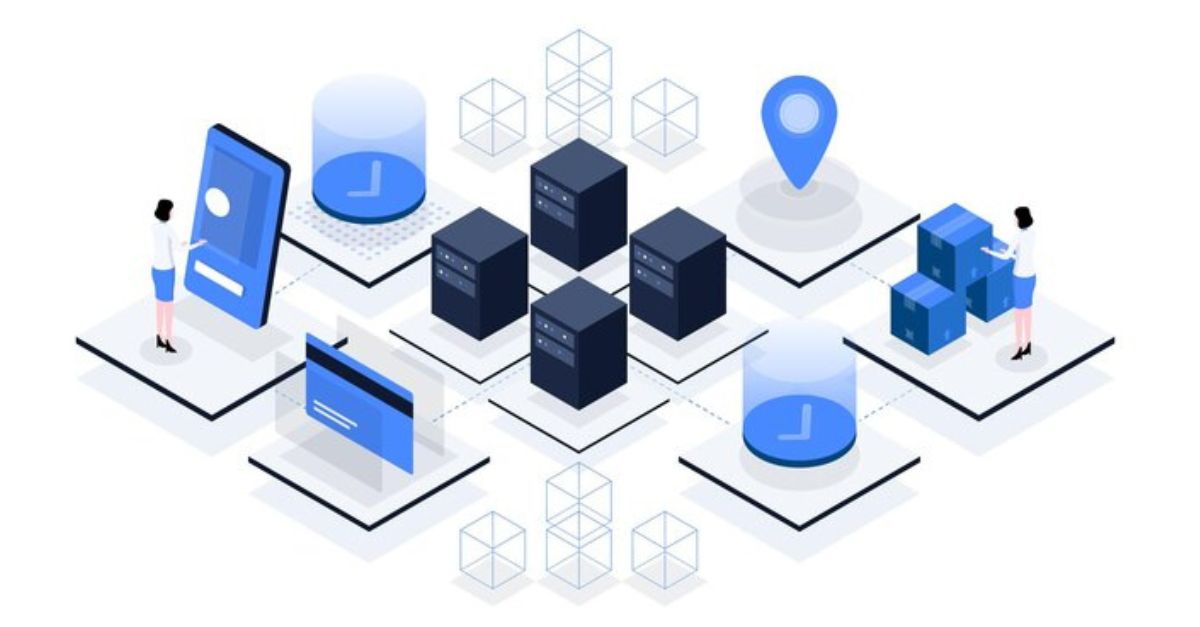
In the digital age, one of the most valuable commodities is now personal data. From social media platforms to online shopping, various entities constantly collect, store, and utilize our information. However, this rampant data collection raises serious concerns about privacy, security, and ownership. Traditional identity management systems often centralize user data, leaving it vulnerable to breaches and exploitation. But what if there was a more effective method? Enter decentralized identity management.
Decentralized identity management, also known as self-sovereign identity, offers a paradigm shift in how we manage and control our personal information online. Instead of relying on centralized authorities like governments or corporations to validate and store our identities, decentralized systems empower individuals to take ownership of their data through cryptographic principles and blockchain technology.
The Problem with Centralized Identity Management
Centralized identity management systems have several inherent flaws that compromise user privacy and security:
- Single Point of Failure: Centralized databases create a single point of failure, making them attractive targets for hackers and malicious actors.
- Lack of Control: Users have limited control over how their data is collected, stored, and shared by centralized entities.
- Privacy Concerns: Centralized platforms often monetize user data without explicit consent, leading to privacy violations and targeted advertising.
- Identity Theft: With centralized databases housing vast amounts of sensitive information, the risk of identity theft and fraud increases substantially.
The Promise of Decentralized Identity Management
Decentralized identity management offers several key benefits that address the shortcomings of centralized systems:
- User Empowerment: By giving users full control over their data, decentralized identity management puts individuals in charge of their online identities.
- Enhanced Privacy: Decentralized systems employ encryption and zero-knowledge proofs to ensure that only necessary information is shared, preserving user privacy.
- Security: With no central point of failure, decentralized identity management systems are inherently more secure against data breaches and cyber-attacks.
- Interoperability: Decentralized identity protocols are designed to be interoperable across various platforms and applications, enabling seamless authentication and identity verification.
Implementing Decentralized Identity Solutions
Several initiatives and projects are spearheading the adoption of decentralized identity management:
Blockchain-based Identity Platforms:
Platforms like Ethereum, Sovrin, and uPort leverage blockchain technology to enable self-sovereign identity solutions.
Decentralized Identity Standards:
Organizations such as the Decentralized Identity Foundation (DIF) are developing open standards and protocols for decentralized identity management.
Collaborative Ecosystems:
Partnerships between industry stakeholders, including governments, businesses, and nonprofits, are driving the development and adoption of decentralized identity solutions.
Real-world examples of DIF
Real-world examples of decentralized identity management systems are emerging across various industries, demonstrating the potential of empowering users to own their data. Here are a few notable examples:
- Sovrin: Sovrin is a decentralized identity network built on blockchain technology. It allows individuals and organizations to create and manage self-sovereign digital identities. Sovrin’s architecture ensures that users have full control over their personal information, including how it is shared and verified. With Sovrin, users can interact with different services and platforms while maintaining privacy and security.
- uPort: uPort is another decentralized identity platform that enables users to create and manage their digital identities on the Ethereum blockchain. uPort provides a secure and user-centric identity solution, allowing individuals to control access to their personal data and authenticate themselves across various applications and services. It also supports the creation of verifiable credentials, such as diplomas or professional certifications, which users can share with third parties as needed.
- Microsoft’s Decentralized Identity Foundation (DIF): Microsoft is actively involved in promoting decentralized identity solutions through its participation in the Decentralized Identity Foundation (DIF). DIF is a consortium of organizations working to develop open standards and protocols for decentralized identity management. Microsoft’s involvement in DIF reflects its commitment to empowering users to own and control their digital identities securely.
- SelfKey: SelfKey is a decentralized identity platform that focuses on enabling users to securely manage their digital identities and personal data. It offers a range of identity management services, including identity verification, document certification, and secure storage of sensitive information. SelfKey leverages blockchain technology to ensure the integrity and security of user data while giving users full control over their identities.
These examples demonstrate the diverse applications of decentralized identity management across various sectors, from finance and healthcare to government services and beyond. By empowering users to own and control their data, decentralized identity solutions offer a promising alternative to traditional centralized systems, promoting privacy, security, and user autonomy in the digital age.
Conclusion
The way we view and manage our digital identities has fundamentally changed as a result of decentralized identity management. By putting users at the center of the equation and leveraging the power of blockchain technology, decentralized systems offer a more secure, private, and user-centric approach to identity management.
As the need for online privacy and security continues to grow, decentralized identity solutions will play a crucial role in shaping the future of the digital landscape, empowering individuals to reclaim ownership of their data and identities.
Revolutionize Your Digital Identity with Our Blockchain Solutions!
Are you ready to take control of your digital identity and own your data? Look no further! Our blockchain development services empower users to secure their identity and data through decentralized solutions. Join us in embracing the future of decentralized identity management and unlock endless possibilities for secure and transparent digital interactions. Let’s revolutionize the way you manage your identity online!


